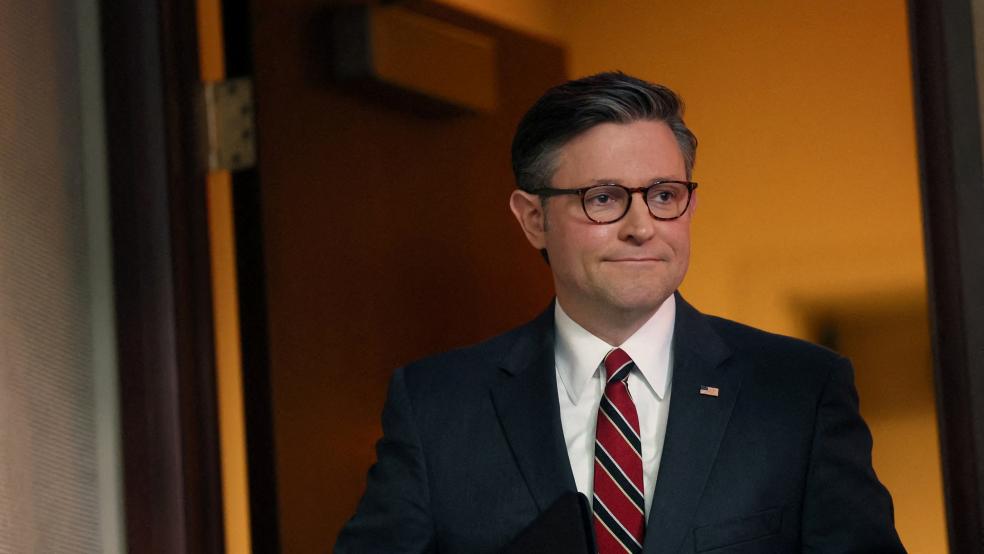House Republicans are reportedly already constructing plans to extend the 2017 tax cuts via a budget reconciliation bill in the first 100 days of a potential second Trump administration.
The budget reconciliation process established in 1974 allows lawmakers to pass major tax and spending packages along partisan lines. The reconciliation process is limited to legislation that changes spending, taxes or the debt limit, but it requires only a simple majority and thus enables a party that controls both chambers of Congress and the White House to bypass the threat of a Senate filibuster. Democrats have used the process in recent years to pass the 2021 American Rescue Plan Act and the 2022 Inflation Reduction Act. Republicans used it to pass their 2017 tax overhaul and tried unsuccessfully to use it to repeal the Affordable Care Act.
Now, Republicans are gearing up to use reconciliation to quickly renew expiring provisions of the tax cut law enacted seven years ago.
“Republican tax writers have already broken into working groups on specific tax topics in advance of the 2025 tax cut expirations, priming the House Ways and Means Committee to get straight to work if the GOP sweeps Congress and the White House,” The Hill reported yesterday.
In a Wednesday interview with Punchbowl News, House Speaker Mike Johnson said he wants to think broadly about what might be included in a reconciliation package, potentially including border security and energy policy in the mix. “[W]e’re just looking at it from a very different, much more comprehensive approach,” Johnson told Punchbowl. “And I think there’s a lot of interest among House Republicans — and the outside groups of course — about what that can look like and what the potential is.”
Johnson also sounded a note of caution about the stopgap government funding bill expected this fall, which some Republicans want to stretch until early 2025, when Trump might be in office again and could exert some sway over spending priorities.
“The cautionary analysis on that,” Johnson said, “is that we’re going to have such an aggressive first 100 days agenda if we get unified government, which we anticipate will have, that it might encumber that agenda somewhat if you then have to deal with the appropriations process.”
The bottom line: Republicans are already dreaming big about what they can do next year.





